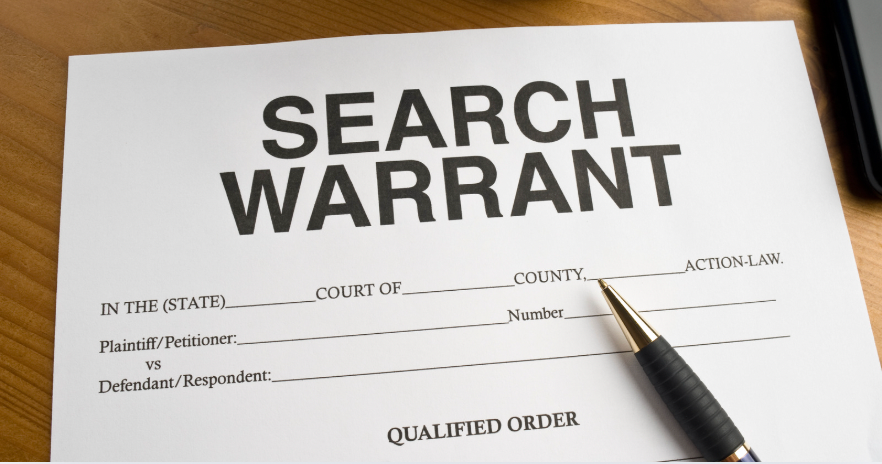Bail Bonds vs. Bail: Understanding the Difference
When it comes to the legal system, terms like "bail" and "bail bonds" are often used interchangeably. However, understanding the difference between the two is crucial for anyone who finds themselves or a loved one entangled in legal troubles. In this blog post, we will explore the contrasting concepts of bail and bail bonds, shedding light on their definitions, functions, and implications. By the end, you'll have a clearer understanding of these two essential aspects of the legal process.
The Basics of Bail
Bail refers to the temporary release of a defendant from custody, pending their trial or resolution of their case. It serves the purpose of ensuring that individuals charged with a crime appear in court as required and guarantees their presence during legal proceedings. The amount of bail is determined by a judge or magistrate based on various factors, including the severity of the alleged crime, the defendant's criminal history, flight risk, ties to the community, and financial circumstances. The objective is to establish an amount that ensures the defendant's appearance in court while also maintaining public safety.
Types of Bail
In addition to understanding the purpose and setting of bail, it's essential to explore the different types of bail that can be granted in legal cases. Here are some common types:
Understanding Bail Bonds
While bail provides an avenue for defendants to secure their release from custody, not everyone has the financial means to pay the full bail amount. That's where bail bonds come into play. Here's what you need to know:
Comparing Bail Bonds vs. Bail
There are multiple differences when it comes to comparing bail bonds to bail, which are outlined below:
Griffith Bailbonds Can Help You Understand the Bail & Bonds Process
Distinguishing between bail and bail bonds is essential for anyone navigating the legal system. While bail serves as a temporary release from custody based on the full amount paid to the court, bail bonds offer an alternative by involving a bail bondsman who guarantees the full bail amount for a non-refundable fee. By understanding these differences, individuals can make informed decisions when confronted with legal troubles, ensuring a smoother journey through the complex legal process. If you need help understanding the whole bail and bail bonds process, do not hesitate to reach out to Griffith Bailbonds. We have over 20 years of industry experience, and we're open 24/7 to serve you and your family whenever you need us!












